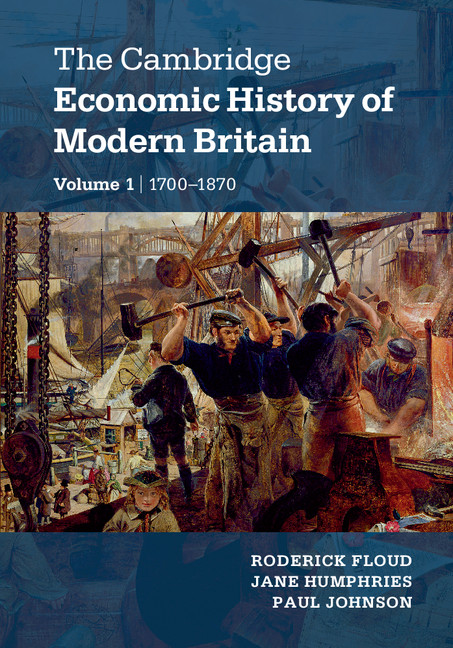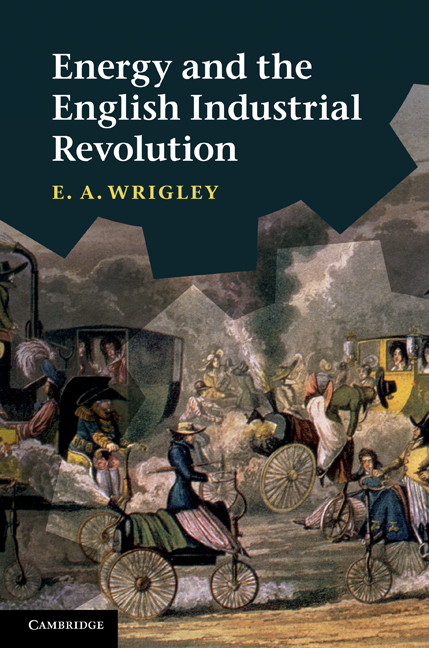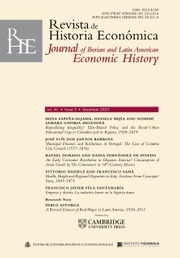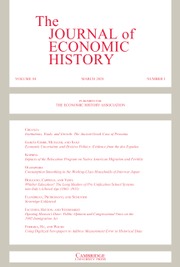Institutional Change and Property Rights before the Industrial Revolution
Secure property rights are widely considered to be an essential prerequisite for sustained economic development; in Britain it is debated whether they have been secure since the medieval period or only established in the mid-seventeenth century. Within this context, Sean Bottomley examines wardship - the Crown's prerogative right(s) to appropriate landed estates which had descended to a legal minor until they attained their majority, to take custody of the child and, where they were unmarried, to decide their marriage partner. Bottomley demonstrates that this constituted a significant yet grossly inefficient and corrupted source of crown revenue, one that inflicted tangible economic penalties. It was also indicative of the decaying capacity of the early Stuart state and Bottomley concludes that without the constitutional changes of the mid to late seventeenth-century, Britain would not have industrialised in the eighteenth-century.
- The first book on wardship since the 1950s
- Engages with ongoing debate around the nature of property rights before the industrial revolution
- Brings a human story to the economic history of early modern Britain
Product details
December 2025Hardback
9781009384353
223 pages
229 × 152 mm
Not yet published - available from December 2025
Table of Contents
- 1. Introduction
- 2. Wardship and the feudal incidents, 1066–1540
- 3. The court of wards and liveries, 1540–1642
- 4. The court of wards: officers and servants
- 5. The early Stuart fiscal-state
- 6. Law in the court of wards
- 7. The economic consequences of wardship
- 8. 'Like horses in Smithfielde'. buying a wardship
- 9. Wardship and the wars of the three kingdoms
- Conclusion
- Bibliography
- Index.










